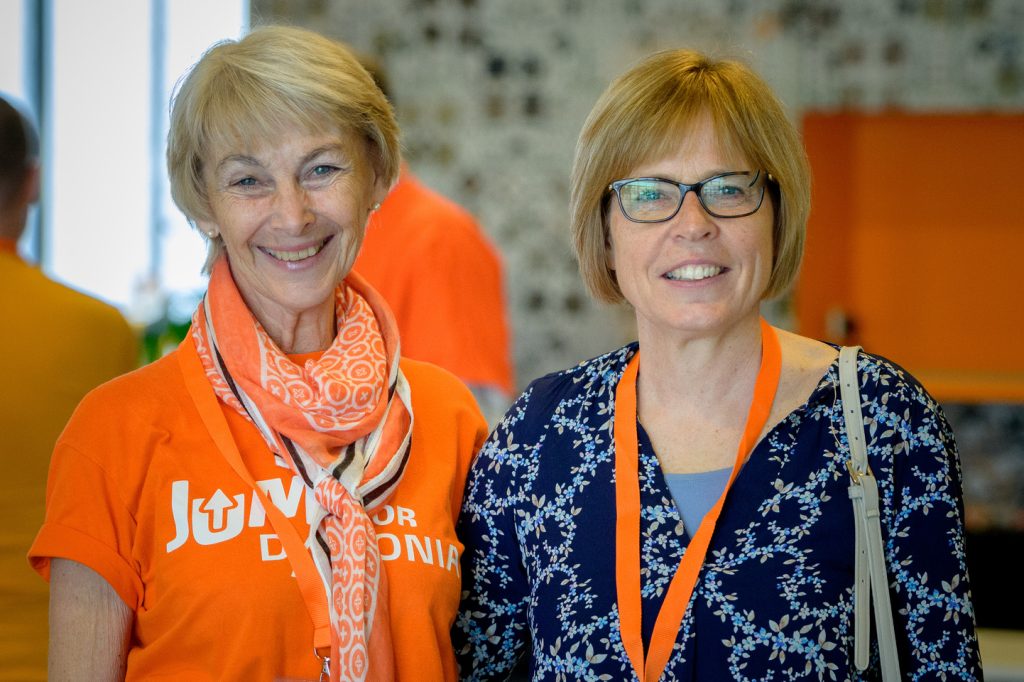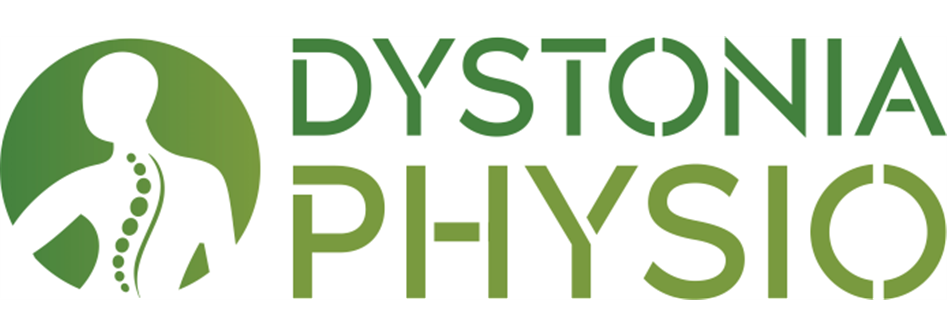
From left: Monika Benson, Executive Director, Dystonia Europe and project leader and platform creator is physiotherapist Johanna Blom at Malmö University Hospital in Malmö, Sweden.
On June 28th Physiotherapist Johanna Blom and Monika Benson presented the Dystonia Physio Exercise Hub at the European Conference for Rare Diseases.
The goal of the ECRD 2022 is to solve the complex challenges faced by people living with rare diseases in Europe and to demonstrate the support to keep rare diseases a priority on the EU scene.
The time is right to consider a new strategy for rare diseases in Europe and provide an opportunity to set three ambitious goals, each aligned with a United Nations Sustainable Development Goal: promoting health and well-being, reducing inequalities, and fostering rare disease research and innovation.
“We need to enable all people living with a rare disease to receive an accurate diagnosis, care, and available therapy within six months of coming to medical attention,” says Yann Le Cam, EURORDIS Chief Executive Officer.
The 4-day virtual conference attracted about 850 participants such as patient advocates, healthcare professionals, policy makers and industry.
Monika and Johanna had been invited to take part in the Tuesday afternoon session: Strengthening national health systems to improve access to effective diagnostic testing technologies, care and treatments, to present the good practice of the Dystonia Physio Exercise Hub.
The goal of the session was to present evidence and good practice along the continuum of care to inspire short-term policy action at EU and/or national level. Participants learnt about the main personal and external factors affecting patients’ access to diagnosis, according to the findings of the latest Rare Barometer Voices survey on diagnosis. Another speaker presented how well-designed care pathways, that optimise access to rare disease Expert Centres, may improve patients’ experience with care.
The two case studies: ParkinsonNet and Dystonia Physio Exercise Hub both demonstrated what can be done to improve quality of life until a curative treatment is available.
For more information on the conference see: https://www.rare-diseases.eu
Monika Benson, Executive Director, Dystonia Europe

